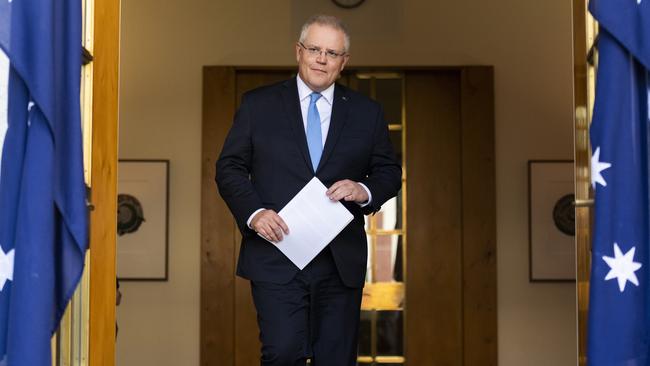
This is the challenge Morrison has set himself: a once-in-a-generation transformation of our economic, social and environmental policy settings. He holds up the model of the great reforming governments of Bob Hawke and Paul Keating when he talks about forging a new compact between government, capital and labour. He will need to draw on the skills of John Howard, who achieved landmark reforms with gun laws and the introduction of the GST, if he is to permanently alter the policy settlement for a new era of growth, jobs and productivity.
Apart from a few notable but piecemeal reforms, Australia has not had lasting structural policy change for almost two decades.
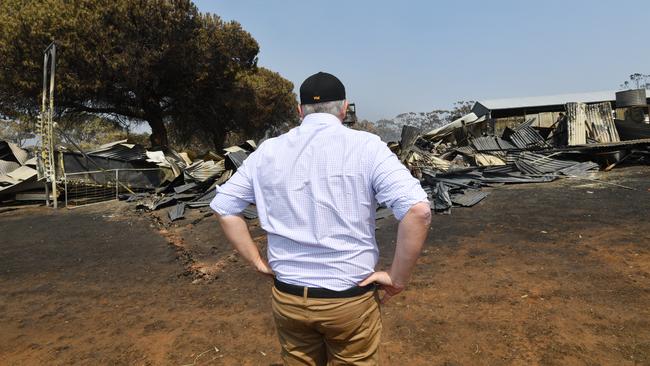
This will require the third evolution of Morrison’s leadership. The first was becoming the third prime minister in three years and given the near-impossible task of winning a third election victory in a row. He did it when almost everybody said it could not be done, including many of his own ministers, and that achievement ranks alongside other great historic election victories.
The second evolution came after his mishandling of last summer’s bushfires. Morrison learned from those mistakes — a skill necessary in any political leader. He has worked collaboratively with premiers in response to COVID-19. He has listened to, and followed, expert health and economic advice. And he has been a safe, reassuring, trusted leader in a time of crisis.
The third evolution requires different skills. Morrison will need to build on his transactional and managerial strengths to achieve reforms on the scale he hopes, perhaps tackling taxation, workplace relations, employment and training, the welfare system, federal-state relations and the mammoth deficit. This challenge requires the skills of a transformational leader.
Morrison has rebuilt political capital but it could just as easily vanish with another crisis or scandal. He needs to maintain trust if he is to convince voters of his ambitious reform plan. There is a premium on communication: articulation, explanation and defence. Morrison must foster a shared sense of purpose with a galvanising and unifying vision for a post-pandemic Australia.
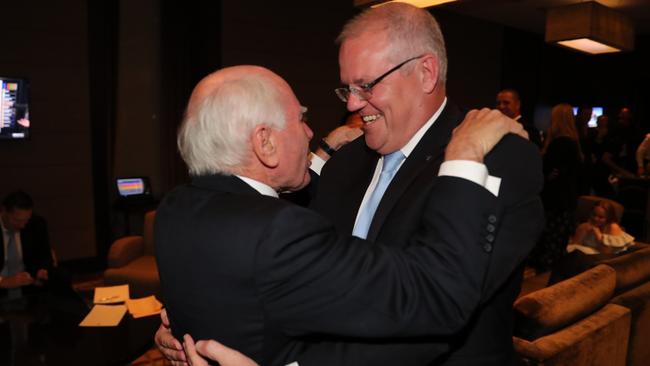
It would help if voters had a better understanding of who Morrison is. He is probably the least well-known prime minister in my lifetime. We know he is a husband and a father, a Christian, lives in the suburbs, barracks for the Cronulla Sharks and likes to make curry. This “daggy dad” persona paid an electoral dividend. But much of his background has not been fully explored. What drives him, what are his core values and beliefs?
Part of the problem is that he does not like introspection; he believes it is self-indulgent. He rarely does long-form interviews. He shuns questions about his upbringing, family life or personal values. There is still no biography of Morrison. Most prime ministers over the past 50 years have had their life story told in book form before or early in their prime ministership. Voters would probably be even more willing to trust him if they understood him better. And this would augur well for reform.
Meanwhile, Labor led by Anthony Albanese treads water. Its primary vote is stuck in the mid-30s. Albanese, despite great confidence in his abilities, has failed to lift the party’s standing. It is stuck in a time warp: unable to break free from the shackles of the past or embrace a new era of policy, party and leadership renewal. Labor also needs a transformational leader. Bill Shorten made a virtue of his transactional approach, which manifested in deal-making with shadow ministers, faction bosses and union leaders. He was good at it and it delivered, for the most part, internal unity.
But the idea Labor just has to hold it together and electoral victory will fall into its lap is a continuing curse. But this is what Albanese seems to think.
Labor cannot comprehend why it has won a majority of seats at only one election in 27 years (2007). The party’s organisational structure is moribund – sclerotic, scandal-prone, unrepresentative, demoralised and beholden to unions. It struggles to recruit talented candidates; it is why Labor chose independent Kristy McBain to contest Eden-Monaro. It is also a cultural problem: most voters do not think Labor understands them or their values.
The party remains in the grip of an identity crisis: unsure of whom it represents, what it stands for or what it wants to achieve. Albanese’s “fifth vision statement” was a back-to-the-future manifesto: a 1980s very fast train, decentralisation, social housing, manufacturing support, public sector jobs. Labor has done little policy repositioning, let alone new policy thinking, during the past year. It is why there have been disagreements over China policy and Kristina Keneally’s xenophobic “Australians first” rhetoric.
No wonder talk is rife within Labor of simmering rivalries and bust-ups. Jim Chalmers’s proposal to extend JobKeeper to universities and airline workers sparked internal rows last week. Albanese is paranoid about Chalmers’s leadership ambitions. He is struggling to keep his team united. The party is restless over policy and political direction, underwhelmed by his “vision statements”. Just a few months ago, Labor thought it had already won the next election. Many in the party, and some journalists, wrote off Morrison in the wake of the bushfires. How wrong they were. Morrison, as I wrote when he became prime minister, should not be underestimated.





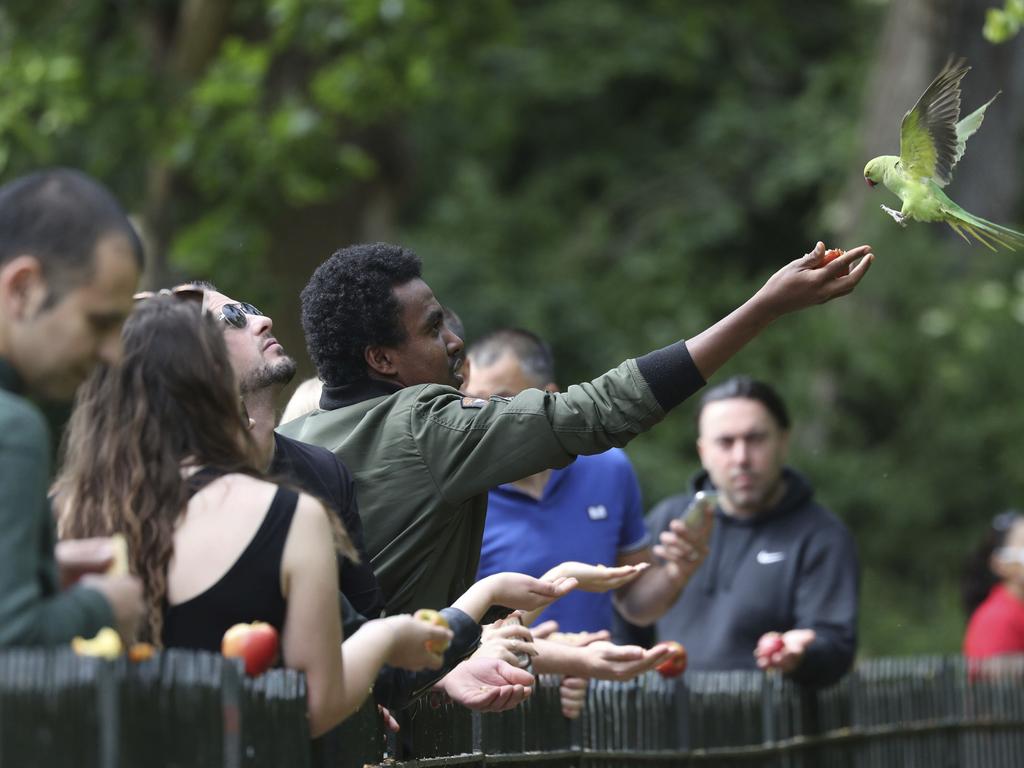
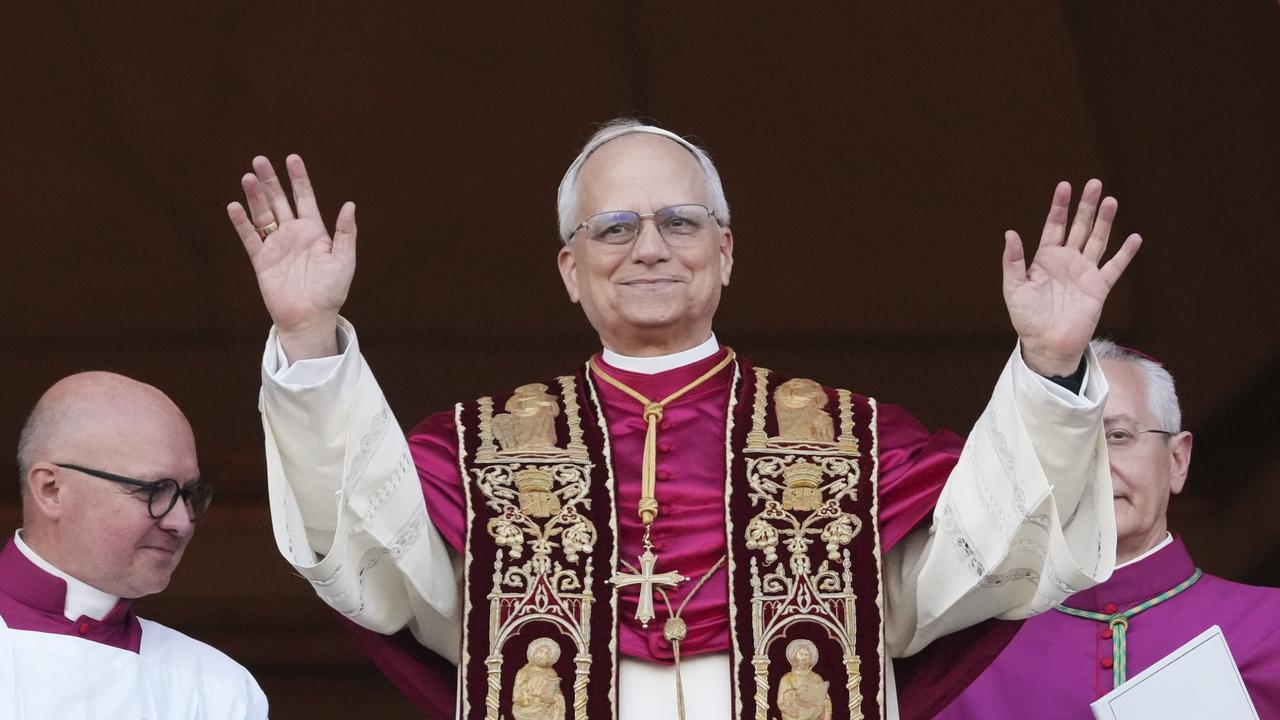

One year on from his “miracle” election victory, Scott Morrison is riding high in the polls — the most popular prime minister in a decade — and the vast majority of voters endorses his handling of the pandemic. The hallmark of Morrison’s success has been his transactional leadership style. But if he wants to be a truly great prime minister, he will need to become a transformational leader.